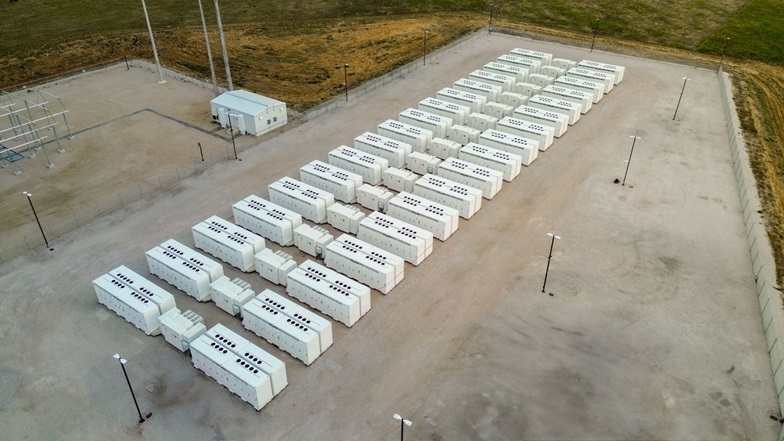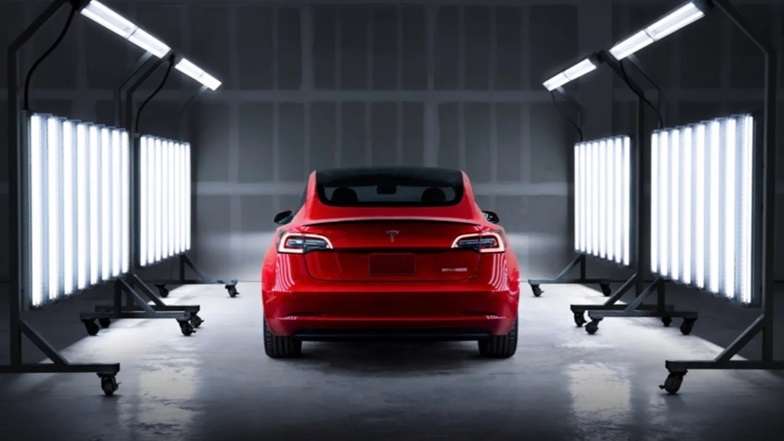Tesla, the global leader in electric vehicles (EVs), has reportedly signed a significant battery supply agreement with EVE Energy, a Chinese new battery cell manufacturer. This deal, rumored to commence in 2026, highlights Tesla’s ongoing efforts to diversify its battery supply chain and underscores the increasing prominence of Lithium Iron Phosphate (LFP) technology in the EV market.
Here’s a detailed look at this new partnership, why it matters, and how it fits into Tesla’s broader strategy.

The Evolution of LFP Batteries
Lithium Iron Phosphate (LFP) batteries have gained traction in the EV world due to their cost-effectiveness and safety. Here are some key attributes of LFP batteries:
- Advantages:
- Lower cost: LFP batteries are less expensive to produce than nickel-rich alternatives.
- Safety: These batteries are less prone to overheating, reducing the risk of fire.
- Longevity: They boast a longer lifespan compared to traditional lithium-ion batteries.
- Disadvantages:
- Lower energy density: LFP batteries have a reduced energy storage capacity, resulting in shorter driving ranges compared to nickel-rich batteries.
However, in recent years, advancements in LFP technology have improved energy density, making these batteries viable for affordable EVs. Tesla has been at the forefront of adopting LFP technology, particularly for its entry-level models.
Tesla’s Expanding Battery Ecosystem
Initially, Tesla relied solely on Panasonic, which pioneered the use of cylindrical lithium-ion cells in Tesla vehicles. At the time, these cells were primarily used in personal electronics like laptops. However, as Tesla’s demand for batteries surged, the automaker diversified its supplier base to include:
- CATL (China)
- LG Energy Solution (South Korea)
- BYD (China)
- Samsung SDI (South Korea)
- EVE Energy (China) – reportedly the latest addition.
This multi-supplier strategy ensures Tesla has a robust and diversified supply chain, critical for meeting its growing production targets.
The Tesla-EVE Energy Agreement
According to reports, EVE Energy will supply LFP battery cells to Tesla from its Malaysian factory, starting in 2026. While neither company has officially confirmed Tesla as the customer, EVE Energy has acknowledged signing a deal with “a customer in the Americas.” This partnership is expected to focus on energy storage batteries, a critical component of Tesla’s EVs and energy products.
LFP vs. Nickel-Rich Batteries
| Feature | LFP Batteries | Nickel-Rich Batteries |
|---|---|---|
| Cost | Lower | Higher |
| Energy Density | Medium | High |
| Safety | High (less prone to overheating) | Moderate |
| Lifespan | Longer | Shorter |
| Application | Affordable EVs, energy storage | High-performance EVs |
Why This Deal Matters
- Strengthening Supply Chain Resilience:
By partnering with EVE Energy, Tesla reduces its reliance on a single supplier or geographic region. This diversification mitigates risks from supply chain disruptions, such as those experienced during the pandemic. - Expanding Energy Storage Capabilities:
While much of Tesla’s battery focus is on EVs, this deal highlights the growing importance of energy storage solutions like the Powerwall, Powerpack, and Megapack. These products are critical for Tesla’s renewable energy ecosystem. - Enhancing Affordability:
The integration of LFP batteries aligns with Tesla’s mission to make EVs more affordable. These cost-effective batteries are well-suited for Tesla’s entry-level models like the Model 3 and Model Y.

Tesla’s Long-Term Vision
Tesla’s adoption of LFP batteries and the expansion of its supplier network are part of a broader strategy to support its ambitious growth plans. With a goal to produce 20 million vehicles annually by 2030, Tesla needs a steady and scalable battery supply. The deal with EVE Energy is a step in this direction.
Moreover, LFP technology will likely play a pivotal role in Tesla’s future lineup, particularly in developing markets where affordability is a key driver of EV adoption.
The Implications for the Industry
Tesla’s rumored agreement with EVE Energy is not just a business move—it’s a statement about the evolving battery landscape. As LFP technology continues to improve, its adoption is expected to increase across the EV industry. Here’s what to watch:
- Wider LFP Adoption: Other automakers may follow Tesla’s lead in adopting LFP batteries for their affordable EVs.
- Technological Advancements: Continued innovation in LFP energy density could further bridge the gap between LFP and nickel-rich batteries.
- Market Growth: With companies like Tesla driving demand, the global battery market is poised for exponential growth.
The reported partnership between Tesla and EVE Energy signifies a major milestone in the evolution of EV battery technology. By embracing LFP batteries and diversifying its supplier base, Tesla is not only strengthening its supply chain but also advancing its mission to accelerate the world’s transition to sustainable energy.
As Tesla continues to innovate and expand its battery ecosystem, this deal underscores the company’s commitment to affordability, safety, and resilience—key pillars for shaping the future of electric mobility.
Related Post
